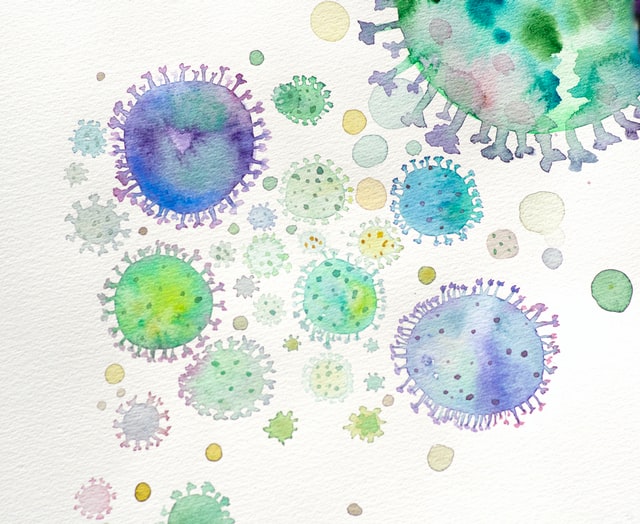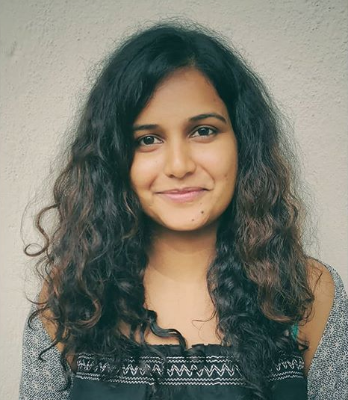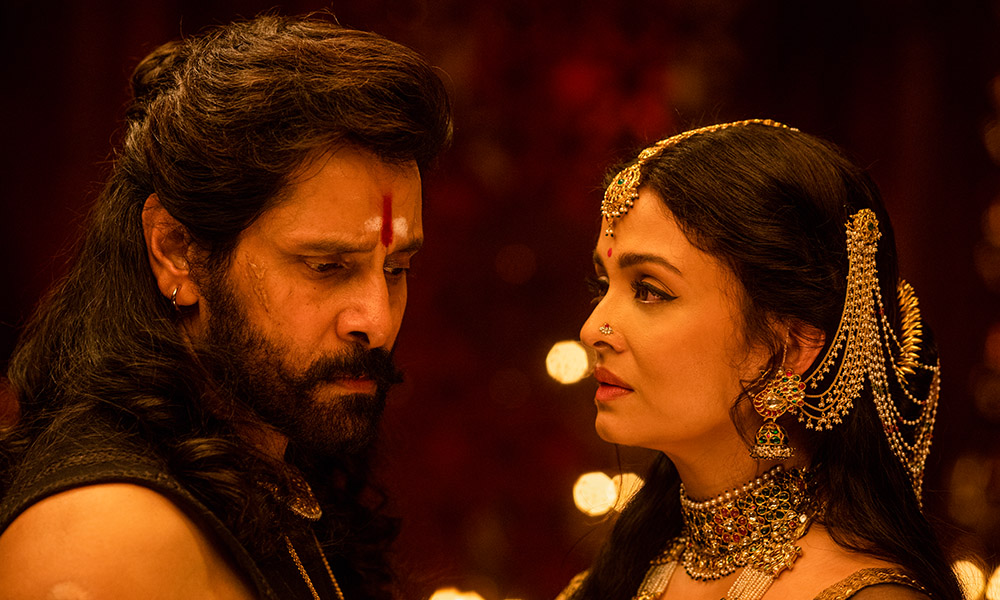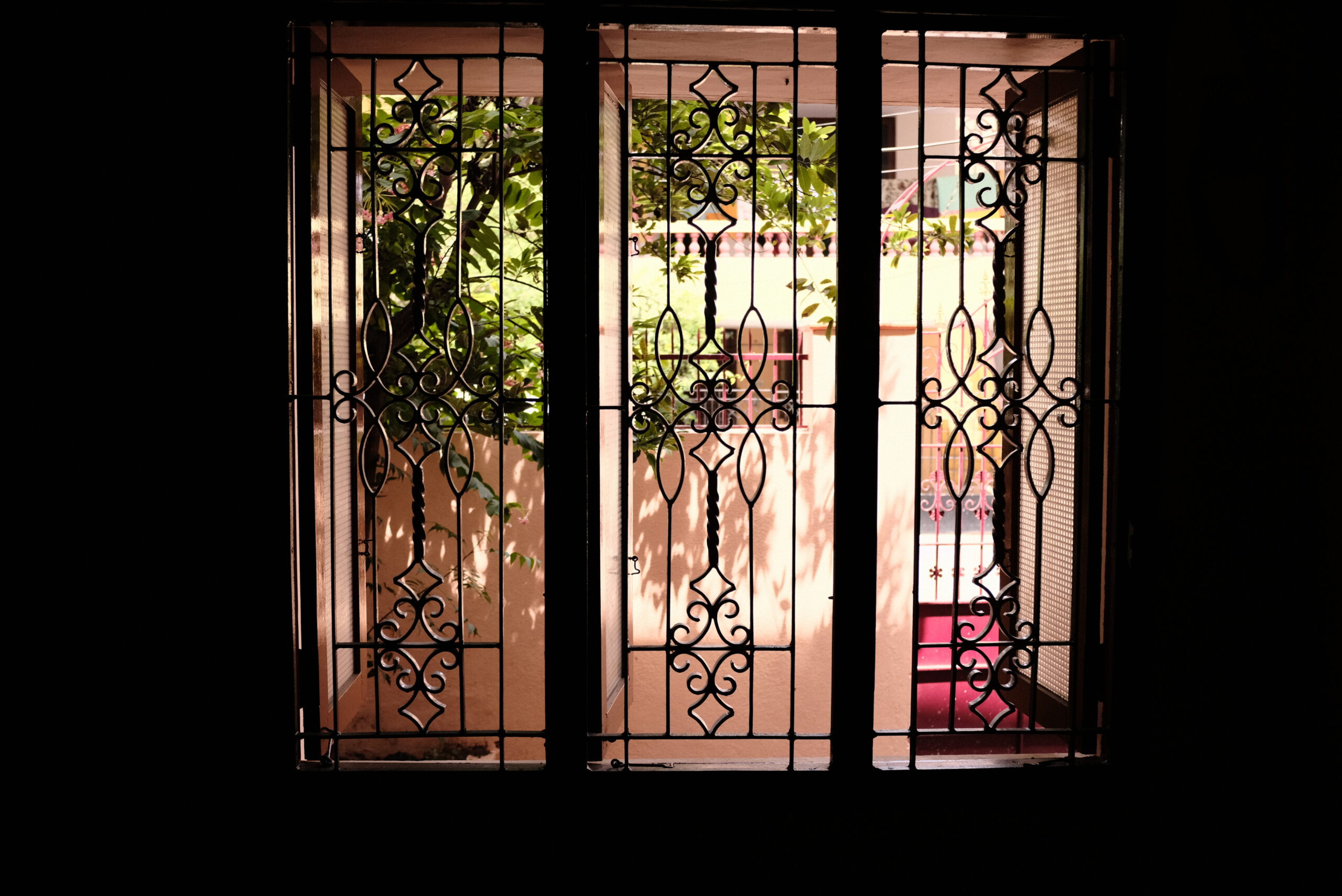This is very unlike me, but I writing this blog to document one of the most difficult experiences of my life – healing from Meningitis. I write this in the hope to bring a little bit more awareness about Meningitis to people who need to know more and to understand the medical care available in these hospitals I got treated in – AMRI Dhakuria Kolkata and Apollo Chennai.
It all started with a harmless fever and a weird headache. Like any entitled millennial, I popped some tablets and waited for it to go away, as I went about attending work meetings and doing all the nonsense that is part of my day. I noticed that the fever and the headache kept coming after a very temporary respite of a few hours.
Now, I was in Kolkata at this time, and I must confess I was apprehensive about visiting the hospital there because I did not know any hospitals I was familiar with or doctors I could trust. Over the next three days, the headache became a permanent thing, and it was an ache like I have never known. It spread from the top center of my head to the back of the head towards my neck, and it was like a slow-burning fire, that raged on and on. Looking back, I feel it is wrong to even call this a headache, considering how different the pain was from any of my usual headaches.
After five days of agony, I finally gave up and told my family that I would like to get admitted to a hospital. Not consult, get admitted directly – that was the stage I was in. I remember the ride from my home to the hospital, and the sheer determination with which I got out of the car myself, walked into the emergency room and plonked myself onto the nearest empty bed. Nothing was worse than the pain I was going through at that time.
Now here is where I would like to talk about my experience at the emergency room at AMRI Dhakuria. I have been to the emergency rooms only twice before in my life, and I was not in this much pain both those times. So I have some yardsticks to compare my experience with, and if this can help improve one patient’s experience in the slightest possible way, I will be happy.
My experience at the AMRI Dhakuria emergency centre was traumatic to say the least. The noise levels in this room, are comparable to a busy Mount road at peak hours. It is to be noted that there were not even many patients at the emergency when I landed there. Maybe there was one more person. All of this noise I talk about come from the unruly, loud, and unprofessional staff that were at work during that time.
The doctor on duty quickly attended to me and gave me some paracetamol, and saline to relieve me of my pain. He was soft-spoken and he was okay. But the male nurse and the other helpers in the room seem to forget that they work in a hospital with patients like me who might be suffering from unspeakable pain. They just go on with their chatter, teasing each other loudly, talking about boyfriends and girlfriends, yelling at someone loudly over their phones, and generally giving a damn about the patients in.
There is this one male nurse in particular who should have never become a nurse in the first place. A young chap of average height with fair skin and a mustache, I do not know his name, but he was the loudest, rudest, most irresponsible, and most unprofessional of them all that evening. He was constantly yelling at the top of his speaking to someone on the phone, kept making unnecessary and loud small talk to his colleagues, and when I pleaded to him to be gentle while he was drawing blood, he literally snapped at me, and said “I can show what real pain is”, and I went “What?” to which he dismissed me saying “nothing”. I can assure you if I even had the energy of my normal self, I would have raised hell and punched this jerk in his face. I also want to point out this asshole was quite rude to my mom and made her sign the disclaimer form without really explaining anything at all about what she is signing. I cannot begin to explain how rude and how indifferent his attitude was.
By this time, my headache was so bad that I could not even tolerate the slightest of light or sound. But the emergency staff had no empathy or concern for my condition despite repeatedly telling them to keep the noises low or let me draw the blinds in. Let me once again reiterate that there were hardly any patients in the emergency ward, and all the noise was being made by the staff working for one of the most unprofessionally managed emergency rooms I have ever seen.
I spent almost six hours in the emergency before I got a room, and it was one of the worst conditions for a patient to be in, because of the apathy and unprofessionalism of the staff. I was writhing in pain both from my headache, and the badly inserted IV line by the above-mentioned male nurse. I really wish I knew his name. (Not Nayan, there was someone called Nayan, who helped change my IV line multiple times and he was an amazing nurse.)
AMRI Dhakuria Diagnosis
Finally, I got a room, and my experiences got better from here on. My COVID test came negative, and my blood reports were sent for all other usual suspects that entail fever and headache like Dengue, typhoid, Malaria, etc. Meanwhile, back in my private ward, my headache killed me every few hours. I was treated by a doctor called Debashish Banerjee, and he was a good doctor and I felt genuinely cared for under him. The duty doctor Dr. Reddy and the nurses here at the ward were also really capable and a lot more professional and empathetic towards me and my condition of not being able to tolerate any light or sound.
The first three days were really hard for me. The headache was persistent and kept coming back even with the repeated doses of Paracetamol. Every few hours the effects of the painkiller would recede, and I will be back begging the duty doctor for more to relieve my pain. I often felt like a drug addict. I must thank Dr.Reddy here who was really empathetic and compassionate towards my situation and was great to be around. Even though the diagnosis was still unclear, and we were waiting for some more tests, they had me started on some antibiotics that helped fight the infection and brought down my fever and headache eventually.
By the seventh or eighth day, my fever was relatively under control, and the pain had come down to 20%. After all the tests results came negative, my doctor was perplexed, and he suggested we meet the neurologist. And thus we met Dr. Koushik Dutta, the neurologist who examined me and asked me to do an MRI. If you have ever gone through an MRI, you know what an unpleasant and deeply uncomfortable process it is. Now imagine going through that with the worst headache you can think of experiencing. It was pure hell, those 25 mins I tell you. What’s worse is they gave me an injection in my IV channel right after. That brought me some tears 🙂
Given this article is about my experience in AMRI Dhakuria, I must mention my experience with the assistants who take you from your ward to the MRI section, etc. Basically, they accompany you while a runner/helper pushes your wheelchair. These assistants are neither nurses nor runners – I am not sure what their role is. They are dressed in black and white, and there was a woman who is one of the most useless and unprepared staff I have ever met, who does not know how to handle a patient in pain. Maybe she was a little bit better than the horrible male nurse I mentioned in the emergency room, in the way that at least she didn’t threaten me while drawing blood.
My MRI came out almost ok, but my neurologist sensed something off, and then decided I must undergo a ‘Spinal Tap’. It’s an intrusive procedure to extract Cerebro-Spinal fluid from my spinal cord. My experience with Dr. Koushik Dutta from AMRI Dhakuria has been decent. I guess he is a very busy doctor, and I and my family always felt a little bit rushed every time he came for his visits. I always felt I never he never gave me enough time to fully express my concerns. For instance, when we told us we had to get a Lumbar Puncture done, we were clueless about it, and we felt we needed someone to relieve our anxieties and explain more about the procedure involved.
Luckily for me, the Anaesthetist who did the Lumbar Puncture was a very senior professional who put me at absolute ease and was one of the best doctors I have ever come across. He made the painful procedure bearable and helped me get through it. It was pure hell though.
Anyways, the test results, and it was clear that I had an infection in my brain. My CSF protein was way above the normal range, indicating inflammation of the central nervous system. The neurologist suspected Meningitis, and I was told that there were bacterial, viral and Tuberculosis variants of Meningitis, of which the least dangerous was Viral. There was very little evidence to conclude which type it was, so they started off with the medication for Viral Meningitis, which happens to be the least threatening of the lot.
AMRI Dhakuria treatment
The doctors then put me on an anti-viral called “Acivir” to start the treatment. This was a course for 15 or 21 days, basically three doses of IV at a gap of 8 hours every day. Besides this, I was already on antibiotics and some steroids earlier that helped them bring down the pain, and treat the infection before we could make a diagnosis.
The days ahead of me looked bleak. I was already in the hospital for a week at this point, and the thought of 16 more days really depressed me. On the other hand, Acivir was showing a lot of results, and my headache, neck pain, and fever had come down considerably. Dr. Debashish visited me every day to monitor progress, but the neurologist did not come very often after the dosage started. I was left with many questions and doubts and I felt like even though the hospital diagnosed me right, and treated me well, I had some doubts at a psychological level that were not addressed and comforted. Something inside me did not rest well.
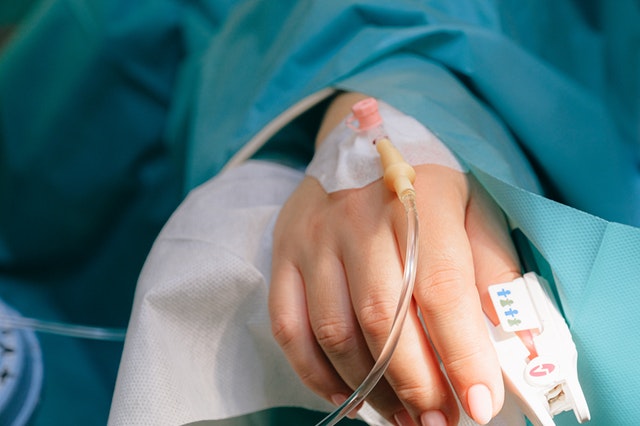
Almost through all of these days, the IV lines made me experience hell. Apparently, my veins are not very thick and strong enough for the needle to sit well, and let the medicine pass through. There were many many nurses who were very sympathetic about this, and managed my pain really well. The anti-viral Acivir was really strong, and hence the IV lines had to be changed frequently, or else they would swell up and cause me immense pain. I felt like even though the staff meant well, and helped me the facilities they had for IV were outdated (I realized this after I shifted to Apollo Chennai from AMRI Dhakuria).
I knew I had to finish the 16 day Acivir course, and I knew that staying any longer in the Kolkata hospital is going to depress me, so we made plans to safely transit and continue the treatment from Apollo Chennai to get another opinion. I had a lot of help in Chennai who helped us connect with different doctors, and I had back up ready for me when I arrived.
The last few days in AMRI Dhakuria were very painful with the IV channels not even working for a day, and me running out of veins they could insert a needle into. But I would really like to thank the nurses who worked day and night to make me feel better, and comforted me in all possible ways – Rhea, Mamta, Saaswati, and Nayan.
We spoke to our doctors in Kolkata, and after ensuring that it is completely safe to travel and resume treatment in Chennai, I got discharged from AMRI Dhakuria, took a wheel-chair assisted flight, and got admitted to Apollo OMR, Chennai under the care of Dr. Shanmuga Sundaram (Neurologist) who also recommended that an Infectious disease specialist (Dr. Nambi) also be consulted.
I continued the IV doses for Acivir for the next week or so, and I got all the validation and the comfort I needed from these two doctors at Apollo – I was finally mentally at rest and had no doubts about recovery or the condition I went through. Both these doctors were extremely professional, positive and made sure I was mentally prepared to return to normalcy as soon as possible. I could see a considerable difference in the levels of service when it comes to medical care in Chennai and Kolkata. The attitude of the staff, the ambiance, the facilities, even the needles used for IV. Every little thing seemed better in Chennai.
The last few days of the course were still hard, and I was getting really tired of the IV pain, and more than one time, I have broken down and cried inconsolably. The doctors saw this and helped me discharge earlier by switching me to oral doses of the same. I took a week’s break and resumed work, which my doctor encouraged me to do so. He made it abundantly clear, that even though physically I was ok, mentally it is going to take me a long time to get over the trauma of this episode.
But I am here now, I am well, and I am grateful to all the doctors who treated me, and the nurses who took care of me both at AMRI Dhakuria and Apollo OMR. If you have any other questions about this illness, or about these hospitals, I will be happy to answer them in the comments.
